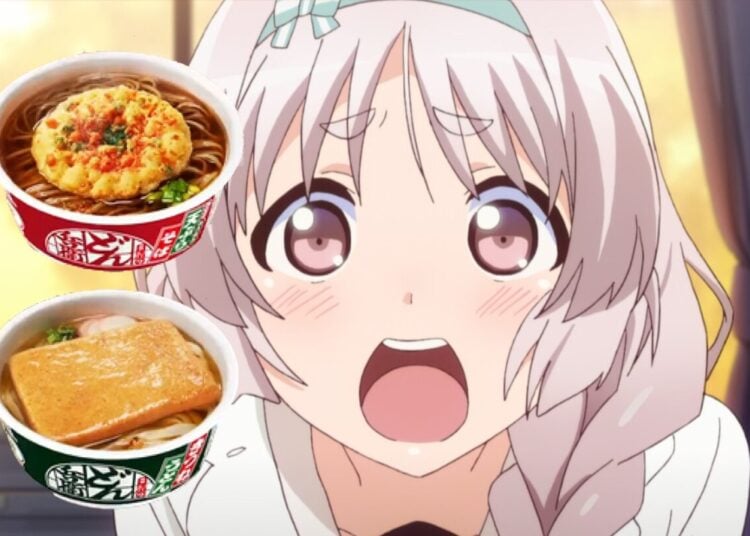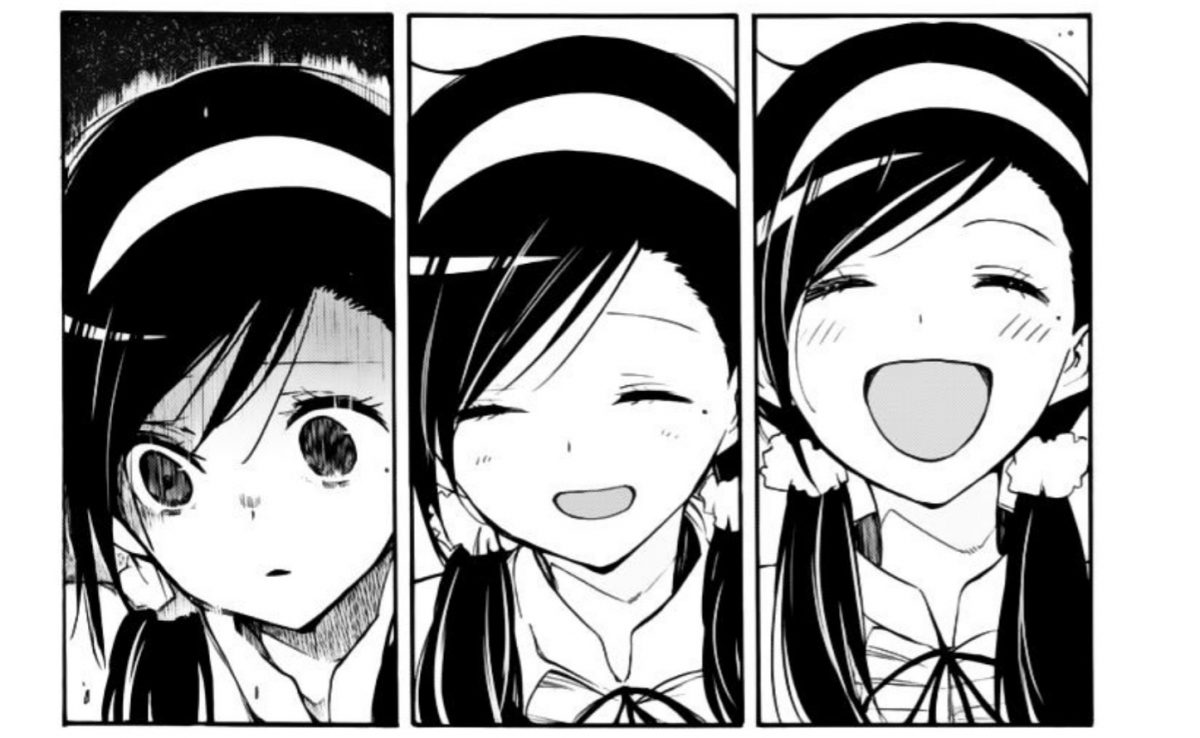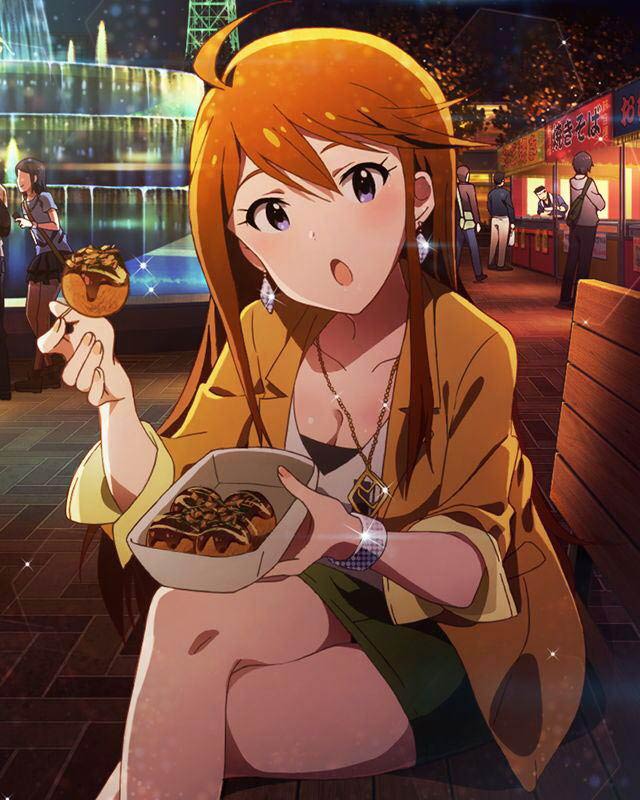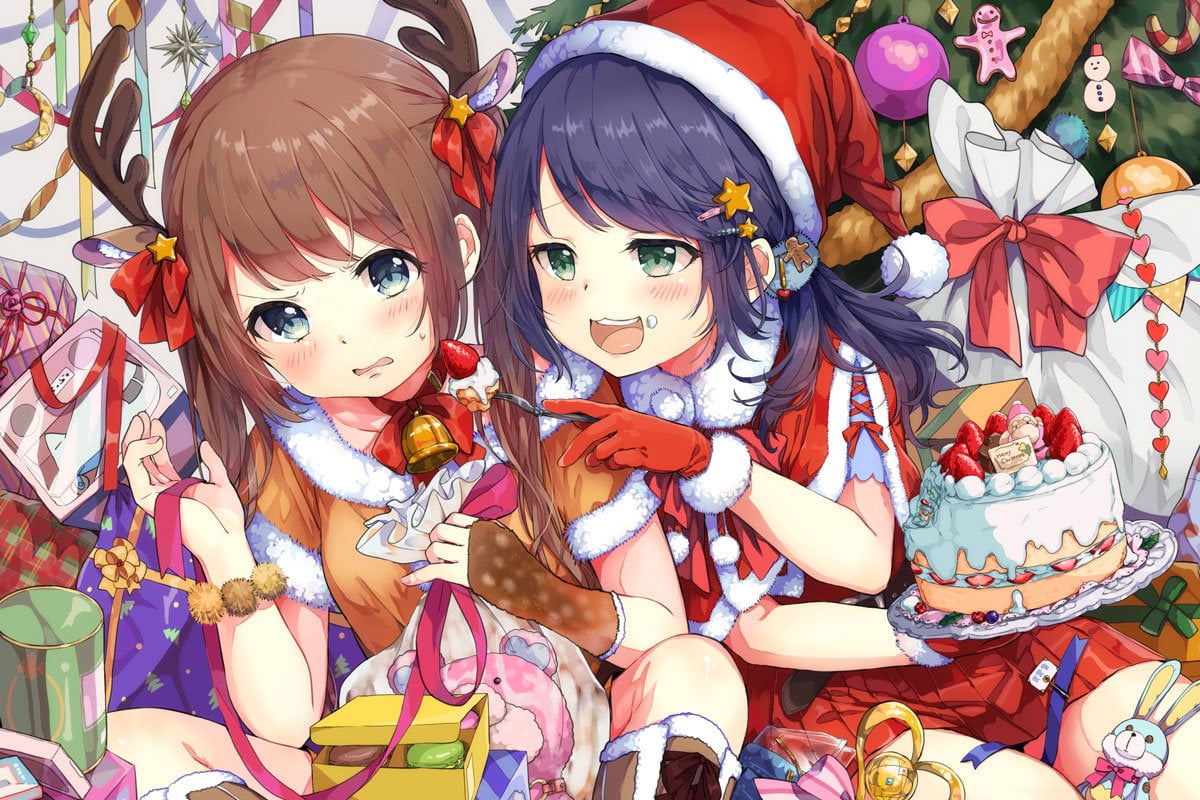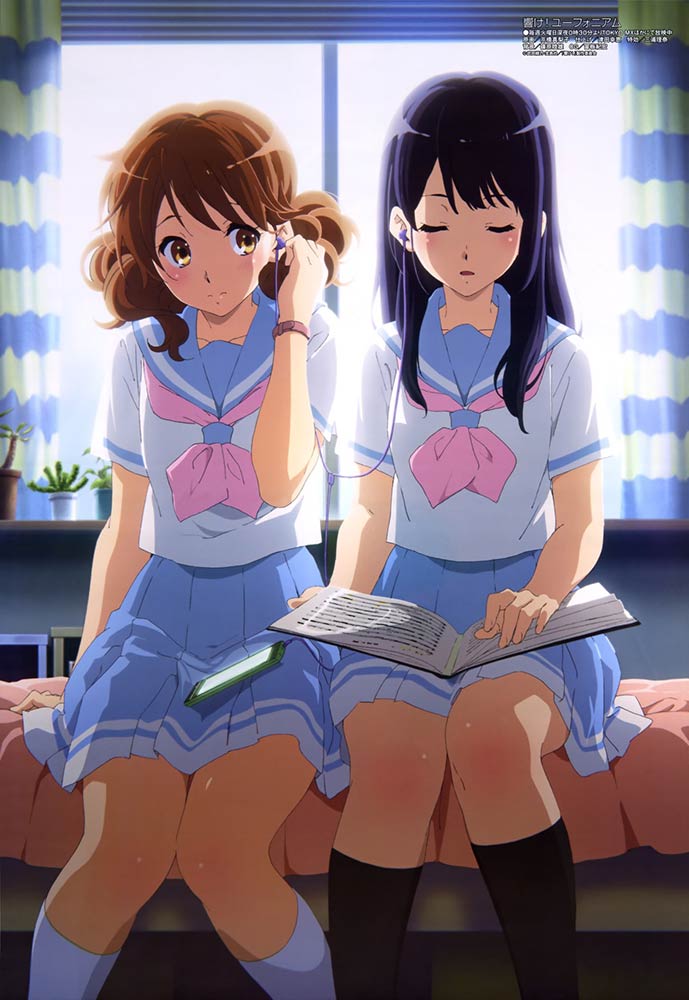Last week a woman looked out her window and saw smoke rising in some nearby mountains. She promptly called the fire department, who went up to fight the fire, only to find that it hadn’t been smoke that the lady had seen, but massive sheets of pollen kicked up by the Spring winds. Yes, Japan can be a nightmare for people with allergies, with many pollen-producing plants that torment allergy sufferers at various times of the year. One of the worst offenders are sugi trees, Japanese cedars that pump pollen into the air from January to April. I’m sometimes asked why Japanese wear those white face masks which became prevalent throughout Asia during the SARS scare. The masks help protect others from a person’s germs, and also hopefully reduce the amount of allergens breathed into the body.
If you ever travel around Japan, you’ll quickly pick up on how each region of Japan promotes certain things that it’s supposedly famous for, called meibutsu (lit. “famous things”), which are often types of food. Nagoya is famous for curry upon, fat noodles in a curry soup, and if you go to Osaka, be sure to eat takoyaki, balls of batter with octopus meat inside, and sauce and sliced bonito flakes on top. Kyushu is known for tonkotsu ramen, with a white pork-based soup, and our own Gunma Prefecture is famous for “four K’s”: katsudon (pork cutlet cooked in a delicious sauce), konyaku (a firm, gelatinous food known as Devil’s Tongue in English), kara-kaze (the cold, biting wind that blows in the winter) and kakaa-denka (strong-willed women who run their households with an iron fist). Gunma is famous for another reason: the plane carrying singer Kyu Sakamoto crashed here in 1985 in a terrible accident that claimed 520 lives. Kyu was the singer of the Sukiyaki Song, known as Ue O Mite Aruko (I Look Up When I Walk), which became the #1 song in the U.S. in 1963. He also sang the popular song Ashita ga Aru Sa (There is a Tomorrow), which became the unofficial theme song of the Japanese economic recession.
Do you have a cat’s tongue? If so, it means that you can’t eat hot food or drink hot drinks, just like a cat. The Japanese say that anyone who avoids hot food has a cat’s tongue (neko jita). What is you have a lazy eye? If so, then you are “rom-pari” which is Japanese for “Rome, Paris” — i.e. one eye is looking at Rome and the other is looking at Paris. If you’re thinning on top, you might have “bar code hair.” And if you sneeze, the Japanese say that someone must be gossiping about you — one sneeze means someone is saying something good about you, two means they’re saying something bad, and three sneezes means you’ve caught a cold. Or something like that.


